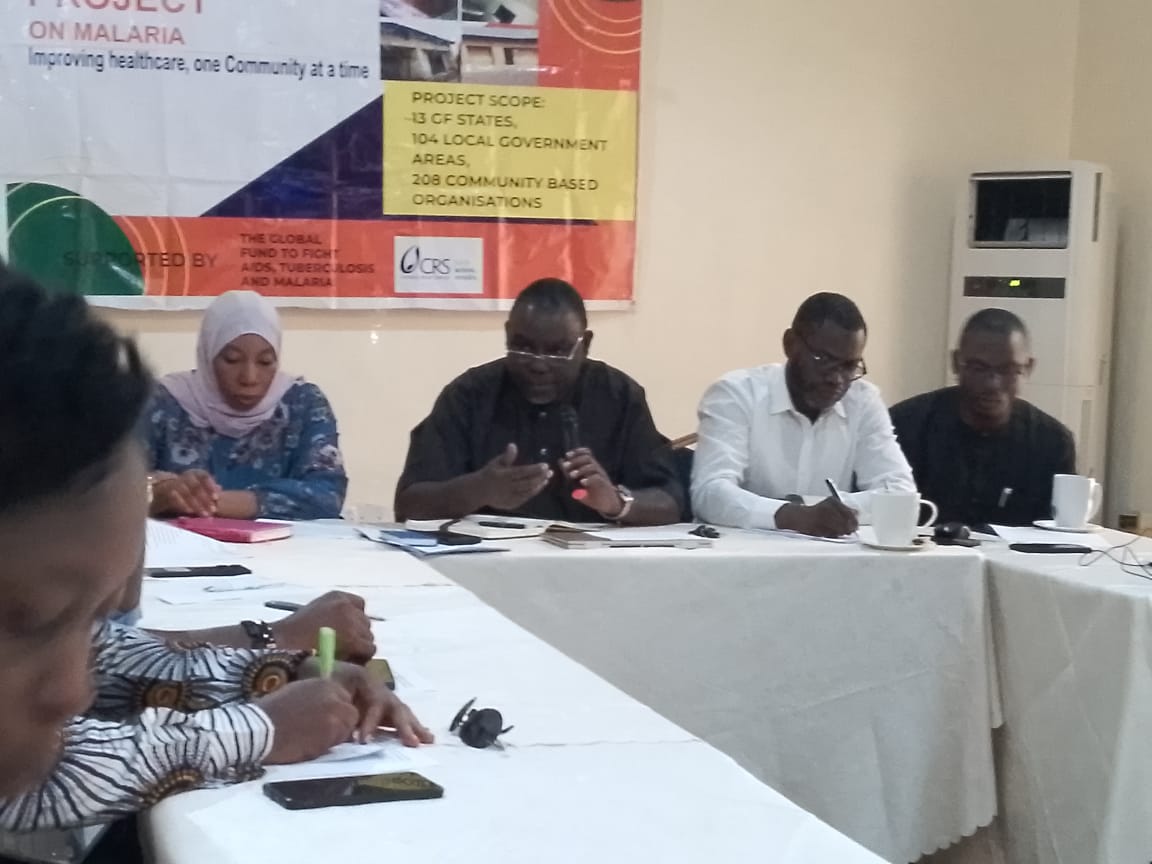
Advocates transfer of technology to develop capability to manufacture drugs locally
The Civil Society in Malaria Control, Immunization and Nutrition (ACOMIN) has urged the federal government to address the problem of shortage of skilled manpower and infrastructure gap in the health sector in order to reverse the nation’s poor health indices.
The group also advocated for the transfer of technology to develop the capability to manufacture drugs locally.
The National Coordinator of ACOMIN, Mr Ayo Ipinmoye, who made the call at the National Advocacy Focused Media quarterly meeting in Abuja, said that most of the trained workforce and human resources in the health sector have been affected by the Japa syndrome, and we now have more Nigerian-trained health workers outside the shores of the country than in the country.
He said, “We are now training our training our young people, our brightest and best to send them abroad but without adequate, trained and empowered health workforce, the country cannot reverse its poor health indices.”
Ipinmoye also lamented that most of the medicines being used in Nigeria are imported, stressing that Nigeria spends huge amounts of money annually on importation of drugs and this constitutes a huge capital flight for the country.
According to him, we need a transfer of technology to develop the capability to manufacture drugs locally.
Ipinmoye appealed to the federal government to invest a greater part of the nation’s resources in the health sector, stressing that the country cannot’ continue to depend on donors and foreign partners for the financing of its health system.
He noted that for the government to effectively address the various health challenges in the country, it needs accurate data that is accessible to all users of data with an information system that is technologically driven.
Also speaking, Acting Executive Secretary, Country Coordinating Mechanism for the Global Fund in Nigeria, Ibrahim Tajudeen, stressed the need to urgently find solution to the problem of a dearth of accurate data in the country’s healthcare system.
He said: “We need to underscore the fact that data speaks volumes when it comes to challenges facing the healthcare system in Nigeria. We may provide more resources and try to get the governance right, but when it comes to data and population, the challenges that have been experienced over the years are huge.
“We always have issues when it comes to practicalization and programme are not well integrated. it is difficult when we are planning with the little resources that available and then to get the best value from that resources”, he said.
Tajudeen said that there is need to urgently address what he called the porious data system in the country.
“In fact if there is anything we can consider urgently is to declare a state of emergency on our data syyem. He said that all the efforts to make more funds available to the healthcare sector may yield the expected result, if we don’t work with accurate data.
“For example you advocate and get government and other private sector donors to allocate more resources to a malaria programme but when you don’t have quality data, how many people that are having malaria in the last one week, then you don’t have reel time data.
“We have been confusing aggregate data with quality data and that prevents us from using available data to guide an informed decision-making. The quantity of malaria drug required in Nigeria today is clear. This is why we have relied on estimates for our planning”, he added .
Tajudeen said that in the last six months, National Malaria Elimination Programme cannot authoritatively say what the number of fever cases presented at our hospitals in the country is.






